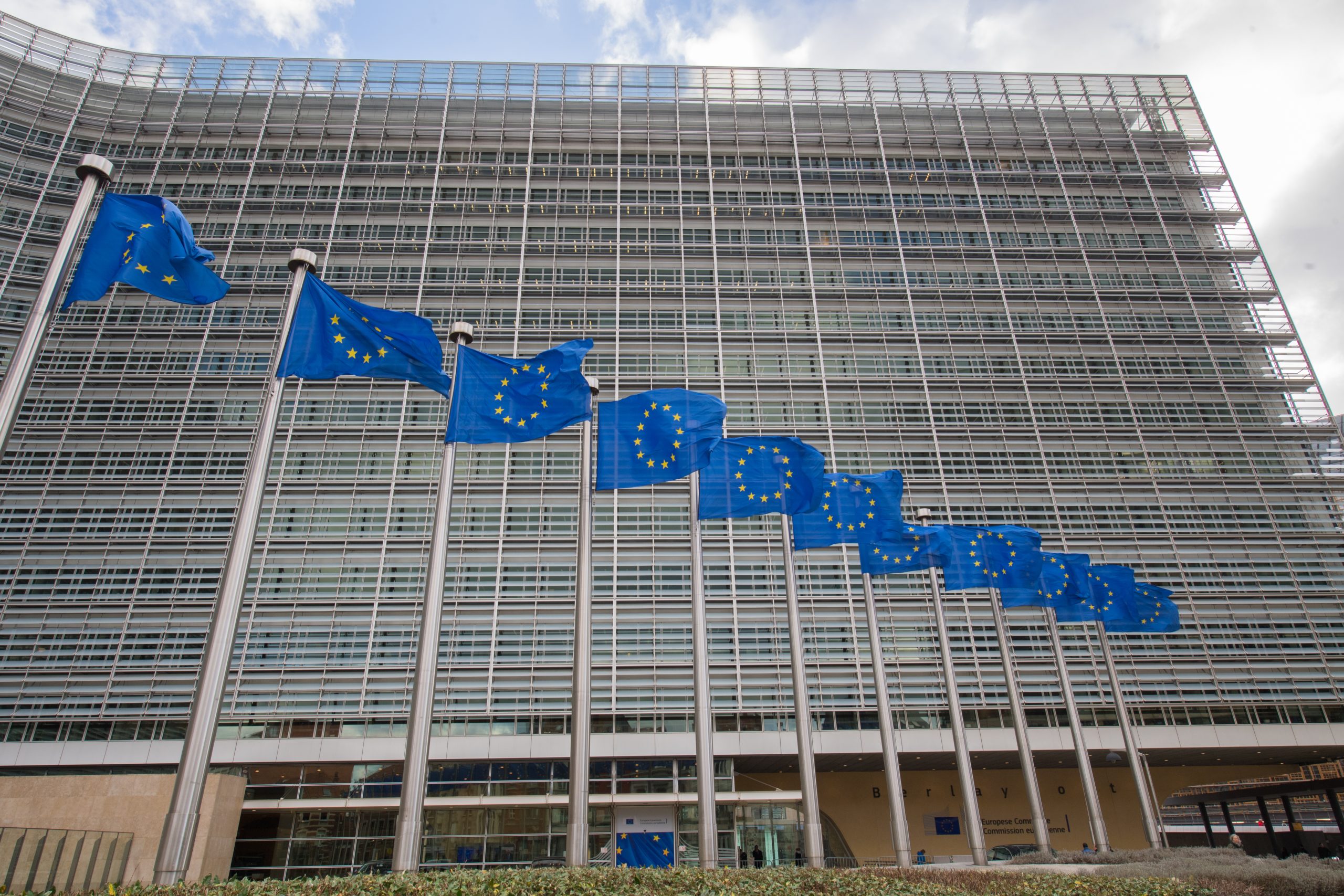Commission consults Member States on a proposal for a partial adjustment of the phase-out schedule of the State aid Temporary Crisis and Transition Framework
 @European Union, 2018 Photo: Mauro Bottaro
@European Union, 2018 Photo: Mauro BottaroThe European Commission has sent to Member States for consultation a draft proposal to partially adjust the phase-out schedule of the provisions of the State aid Temporary Crisis and Transition Framework aimed at providing a crisis response following Russia’s aggression against Ukraine and the unprecedented increase in energy prices.
Russia’s war of aggression against Ukraine continues and wider geopolitical tensions, in particular in the Middle East, continue to pose risks and remain a source of uncertainty. Against this background, the Commission is proposing a limited prolongation of 3 months of the provisions enabling Member States to continue to grant limited amounts of aid (section 2.1 of the Framework) and aid to compensate for high energy prices (section 2.4 of the Framework), until 31 March 2024. This will allow Member States, where needed, to extend their support schemes and ensure that companies still affected by the crisis will not be cut off from necessary support in the upcoming winter heating period. The Commission’s draft proposal sent to Member States today does not affect the remaining provisions of the Temporary Crisis and Transition Framework.
Member States now have the possibility to comment on the Commission’s draft proposal. The Commission intends to adopt the limited amendment to the Temporary Crisis and Transition Framework in the coming weeks, taking into account the feedback received from the Member States.
Commissioner Didier Reynders in charge of competition policy, said: “Despite the stabilisation of the economic situation and the remarkable resilience of the Union’s economy overall, substantial uncertainty remains as regards the energy prices in the coming winter. This situation is still a source of strong concerns for consumers and companies in the EU. The proposal sent to Member States today would allow them to be prepared and provide further limited support during that period when necessary, while making sure that extraordinary rules remain temporary. In addition, the Commission is constantly monitoring economic developments and stands ready to swiftly respond to any unexpected events. The proposal does not affect the provisions of the Framework that allow for Member States to provide additional support to accelerate investments required to reach the net-zero targets, which remain available until end of 2025.”
